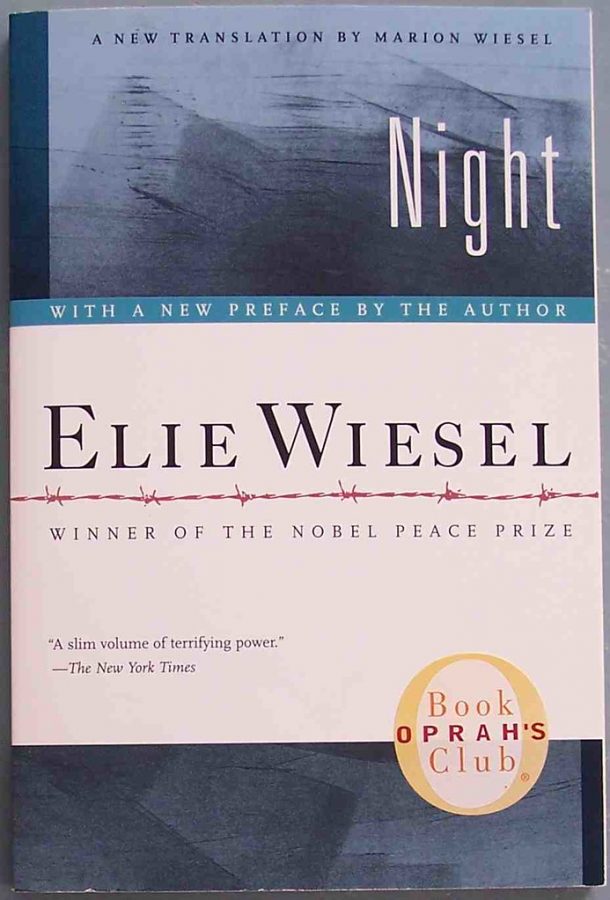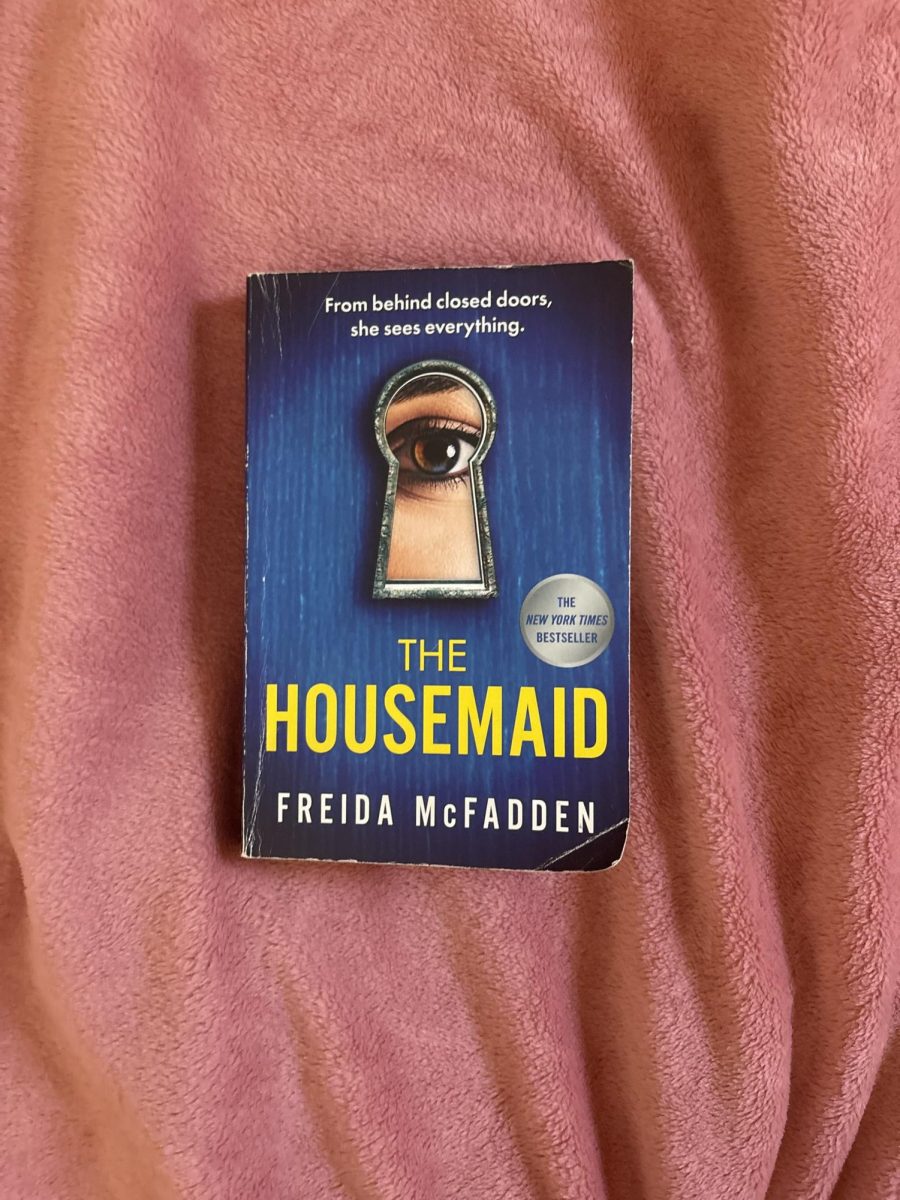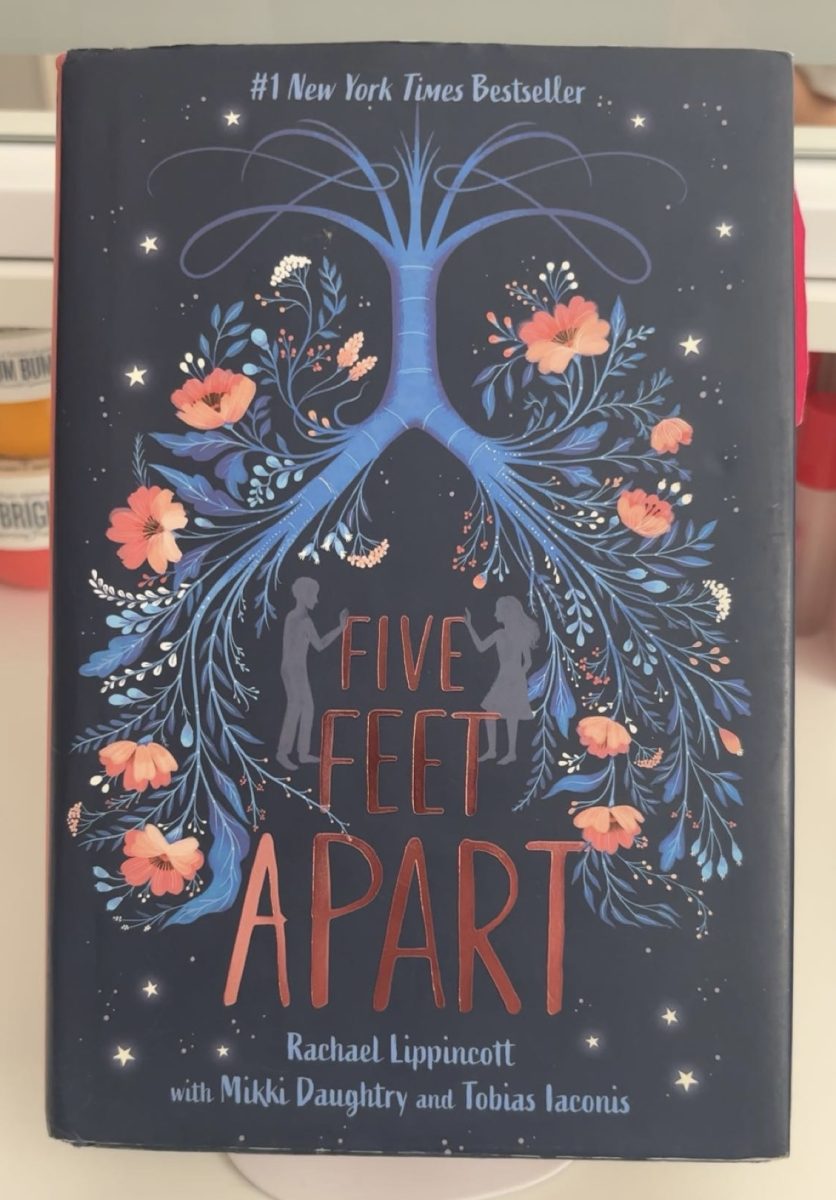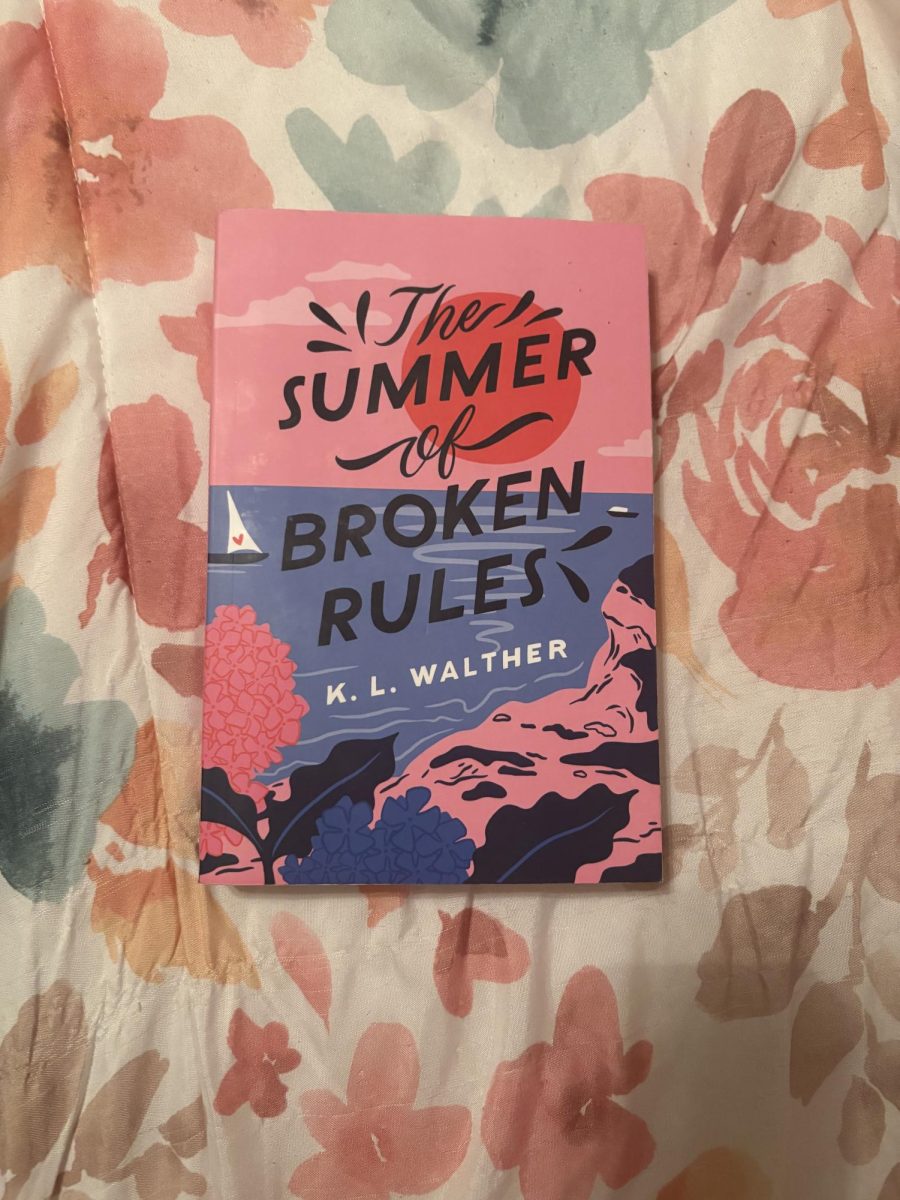Night, a heart-wrenching novel by Holocaust survivor Elie Wiesel, powerfully touches readers’ souls and makes them open their eyes to the injustices going on around them.
Wiesel published Night originally in Yiddish in 1956 and later in English in 1960. I highly recommend reading the book Night because it gives knowledge from first-hand experience about one of history’s biggest genocides.
The Haunting Journey of Elie Wiesel during the Holocaust
Elie Wiesel was a young boy in his teenage years when the Nazis came to his hometown of Sighet, Transylvania, in May of 1944. Along with his family, and about 15,000 other Jews, the Nazi’s forced them onto a train without having any knowledge of the destination. Once the train stopped, Elie was horrified to arrive at Auschwitz Concentration camp. Once off the train the men and the women, the Nazi’s separated them. This was the last time the fifteen-year-old boy would see his mother and his sister.
After that, the people were separated into groups based on their health and their skills. Once they were assigned a group, the father-son duo meet a stranger. The man advises Elie and his father and gives them tips on how to stay together. They both realize that they must stay together to survive. Neither could imagine living without one another. The duo stays together for some time, even after they were sent to another camp. Eventually, they would be separated by an atrocity that occurs. Throughout the novel, Elie Wiesel describes in great detail all of the atrocities he faced at the camp. Elie Wiesel tells a compelling story describing his journey. After all, he was a young teenager who spent many months at Auschwitz, instead of his hometown with friends.
A Poignant Reminder of the Past
One of the saddest memoirs in history, Night was published in English in 1960. Since then, millions of readers were given the opportunity to learn about the Holocaust from a survivor who witnessed this first hand. As one reads the book, they not only learn about the overall experience Elie went through at Auschwitz but also about the long-lasting effect he went through as a teenager has after losing his family at such a young age. The novel becomes very emotional from the very beginning when Elie describes how the Nazis stormed through his hometown when they first got there. The book becomes frightening when Elie later describes the first sight of Auschwitz camp. “Huge flames were rising from a ditch. Something was being burned there. A truck drew close and unloaded its hold: small children.”
Elie Wiesel’s Riveting Message
The overall message of Elie Wiesel’s book Night is to tell readers never to be silent when human beings endure suffering and humiliation. He strongly believes that people should always take sides because “Neutrality helps the oppressor, never the victim. Silence encourages the tormentor, never the tormented.” Elie Wiesel would later go on to win a Nobel Peace Prize in 1986. The Norweigan Nobel comittee considered him a messenger to mankind. Elie’s message in life was one of peace, atonement and human dignity.













